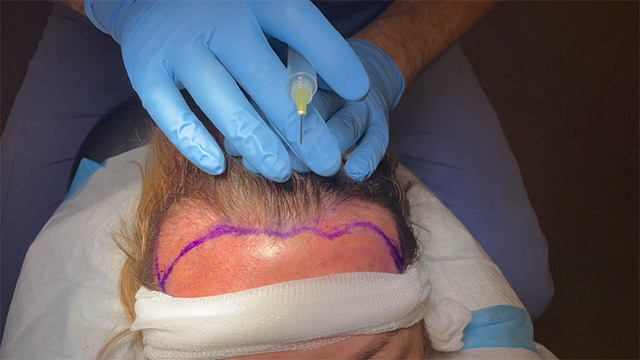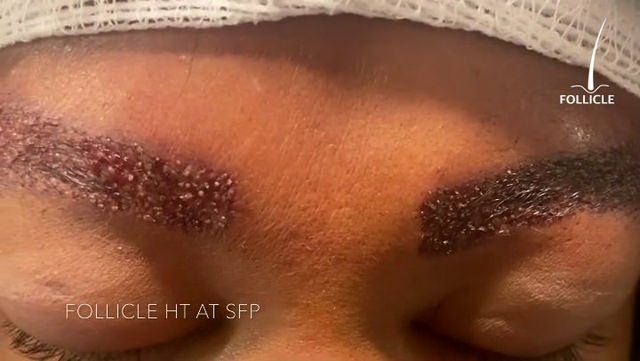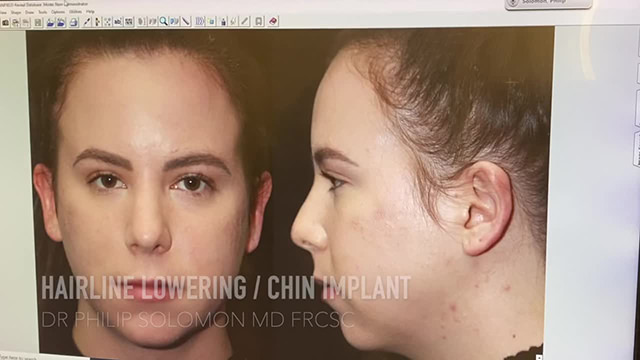


Hair Loss in Women
While baldness can be troubling for men, the psychological and social effects of hair loss in women can be even more devastating. Many women who consult us express frustration, fear, and isolation. With our contemporary methods, we can effectively diagnose and treat most women experiencing hair loss.
A woman seeking our help often worries about the impact of hair loss on her self-esteem, attractiveness, professional life, romantic relationships, or appeal to her partner.
Though it’s often not discussed, hair loss in women is common and can profoundly affect their feelings of self-worth. An increasing number of women acknowledge the issue of hair loss and are now actively pursuing treatment options.
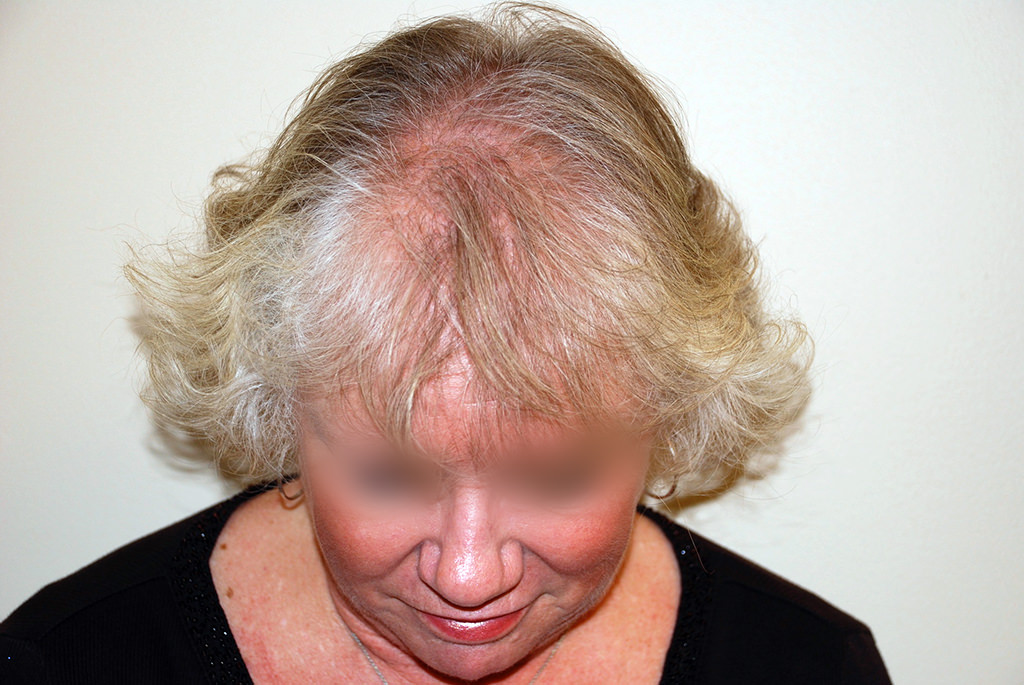
Causes of hair loss in the female patient
As in men, the most common cause of hair loss among women is inherited male pattern baldness. However, the pattern in women generally differs from that in males.
The leading reason for hair loss in women is genetic androgenic pattern baldness, with patterns that differ from those in men.
Besides androgenetic alopecia, women’s hair loss can stem from various other issues, like hormonal imbalances, including thyroid problems, iron deficiency, poor nutrition, autoimmune diseases, reactions to medications, damage to hair or scalp, stress, and numerous other causes. General medical factors tend to be more of a consideration for women than men. Many female patients require blood tests or other investigations before hair restoration to rule out an underlying medical cause.
Stages of Hair Loss in Women
Female-pattern hair loss may start early but typically occurs later than in men. It usually manifests as uniform thinning across the scalp while the frontal hairline remains unaffected. A common concern among women is noticing that their hair part is broadening or that their ponytail feels less full.
Women who present with hair loss are classified by the Ludwig Classification System:
Stage 1
is normal

Stage 2
shows widening of the central part

Stage 3
shows widening of the central part and loss of volume lateral to the part line

Stage 4
shows the development of a bald spot anteriorly

Stage 5
shows advanced hair loss

AM I A CANDIDATE?
Our Hair Loss Self Evaluation tool can help you decide if a hair transplant is the right procedure for you.
Treatment for female hair loss
When a woman develops significant hair loss, it should be investigated with a complete history and physical examination and appropriate medical investigations. This often begins with a woman being proactive and bringing the problem to the attention of her family doctor, gynecologist or dermatologist. Conditions that may need to be ruled out include iron or thyroid deficiencies or other hormonal imbalances. Hair loss in women can also be associated with factors such as recent pregnancy, long-term pulling of the hair in pony-tails or tight braids, or use of harsh straightening techniques. While some causes of hair loss may require specialized treatment by an endocrinologist or medical dermatologist, the most common causes of female hair loss can often be effectively treated with medication or with surgical hair restoration offered at Follicle HT.

Medical treatment
Topical minoxidil, known commercially as Rogaine®, is the only medically proven treatment for female pattern hair loss that has shown positive results in clinical studies and received FDA approval. This treatment promotes new hair growth and halts hair loss in individuals with pattern baldness for both men and women.
Scalp & Hairline Transplant
The importance of hair transplant surgery for women has been increasingly acknowledged. Modern methods of hair transplantation move hair from areas with a surplus, like the back of the head, to places where thinning is more visible. This hair restoration is done outpatient, with light sedation and local anesthesia. There is minimal discomfort and a low risk of serious complications. When performed on patients who are good candidates and have realistic expectations, hair transplants typically yield satisfying outcomes with a significant increase in hair fullness.
Eyebrows Restoration
Modern hair transplant methods are not only for treating scalp hair loss but can also correct thinning eyebrows and eyelashes (frequently a result of over-plucking) and mend scars or irregularities in the hairline from past injuries or cosmetic procedures.
Surgical Hairline Lowering
Surgical hairline lowering is an effective technique that reduces the vertical length of the forehead to create more appealing facial proportions. It results in a subtle scar along the hairline that is usually hard to spot. The primary benefits of this procedure over hair transplantation are the immediate results and hair density that hair transplantation would not achieve on its own.
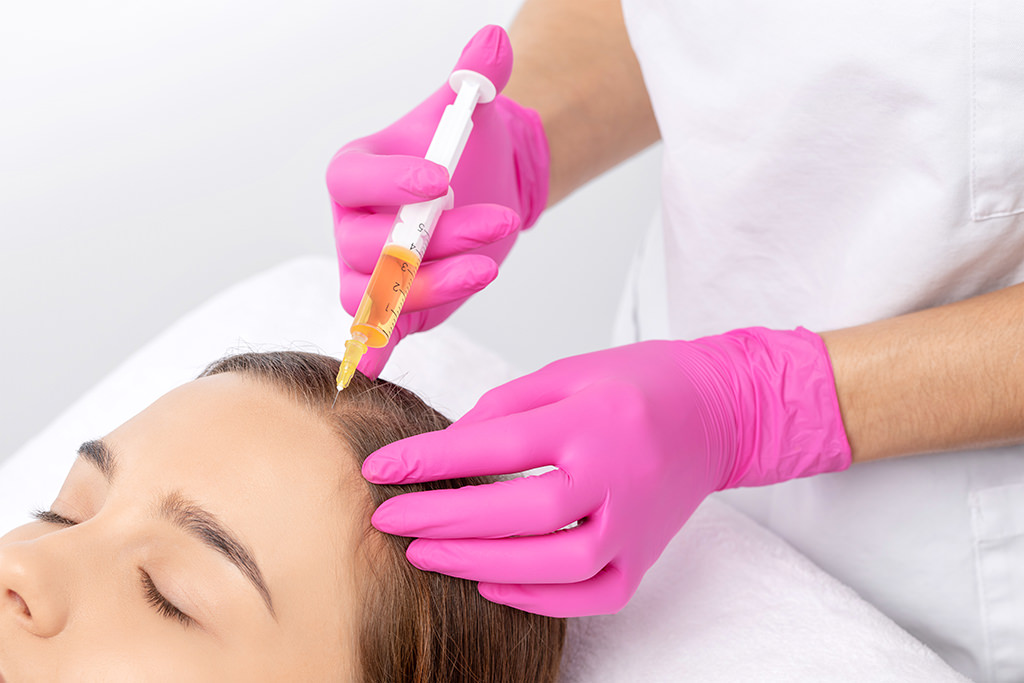
Injections Hair Restoration
Follicle HT also embraces non-surgical approaches to hair restoration, including injection techniques. This therapy is suitable for both men and women experiencing hair loss. It utilizes enriched cells to aid individuals with genetic hair loss, androgenetic alopecia, and hair loss due to stress. Follicle HT is at the forefront of integrating the latest medical advancements into our hair restoration treatments.
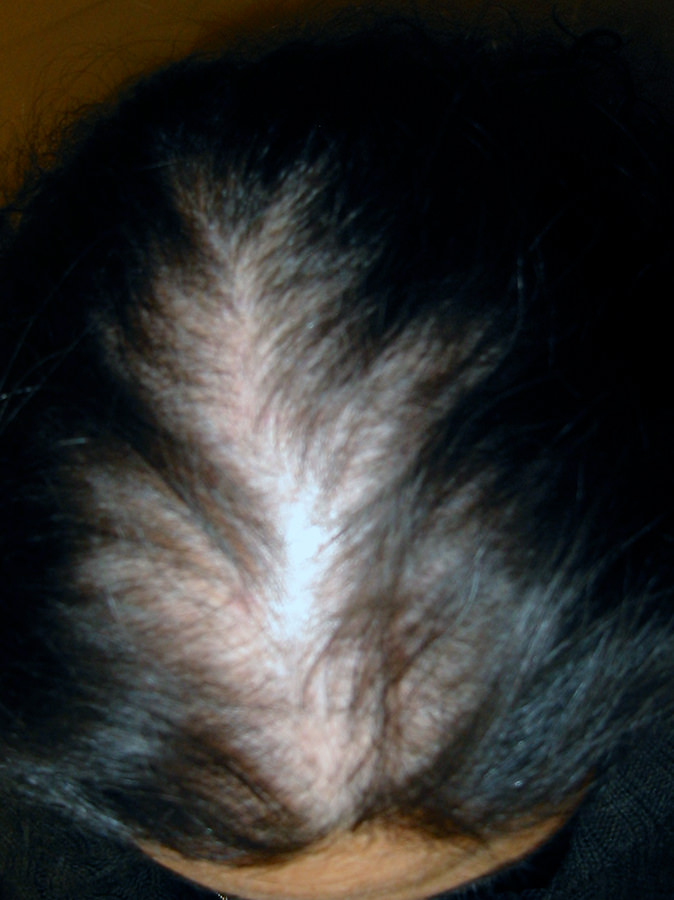
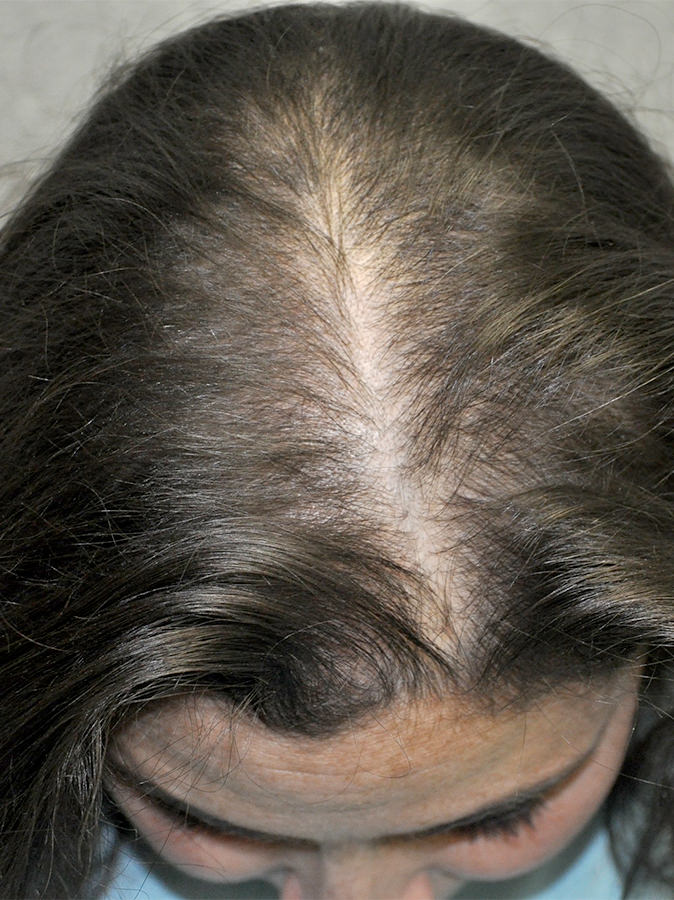
39 year old woman 1 year post 1800 follicular units via FUT.
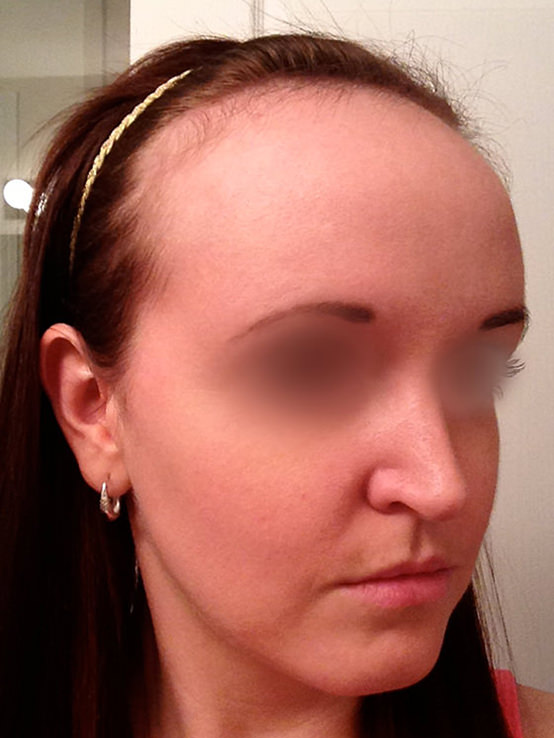
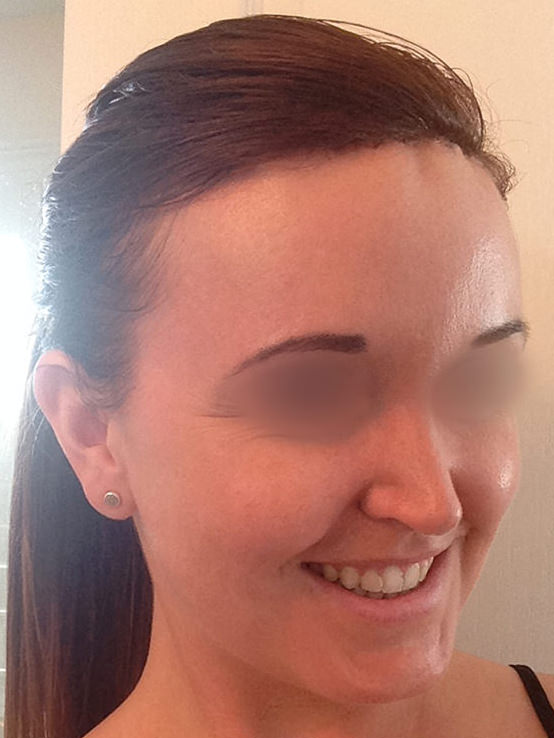
27 year old woman with a congenitally high forehead shown immediately after.
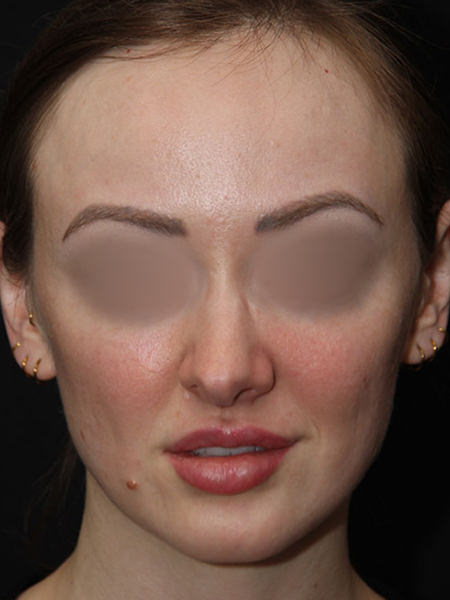
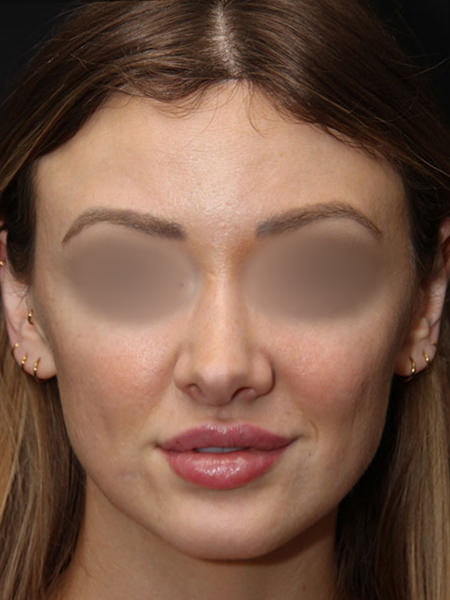
A 34-year-old female who felt her forehead size and shape required modification for a more feminine look.
AM I A CANDIDATE?
Our Hair Loss Self Evaluation tool can help you decide if a hair transplant is the right procedure for you.
CONTACT US
START YOUR TRANSFORMATION TODAY
Your hair transplant journey begins with your decision to make a positive change.
At Follicle HT, our philosophy is that modern hair transplantation is a freedom granting procedure. We strive to help all our patients look and feel their very best by having the full range of options available.
Let’s open a discussion, see how we can help!


